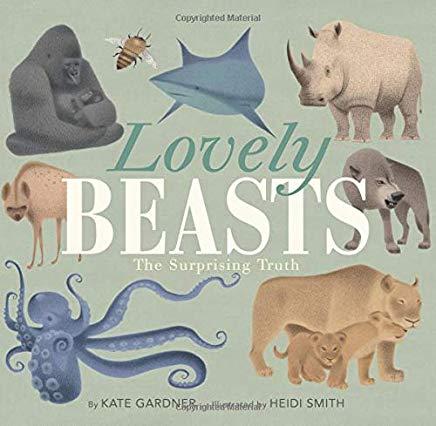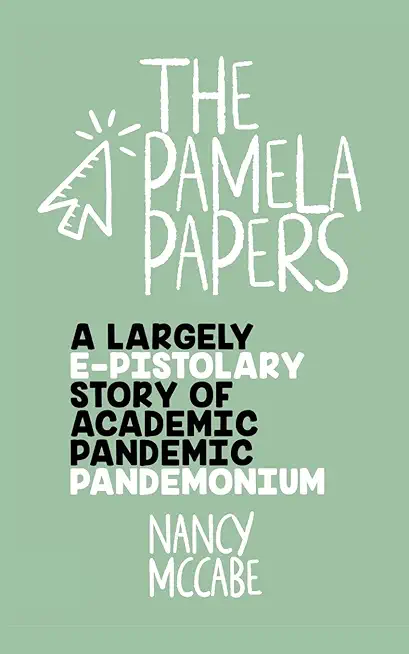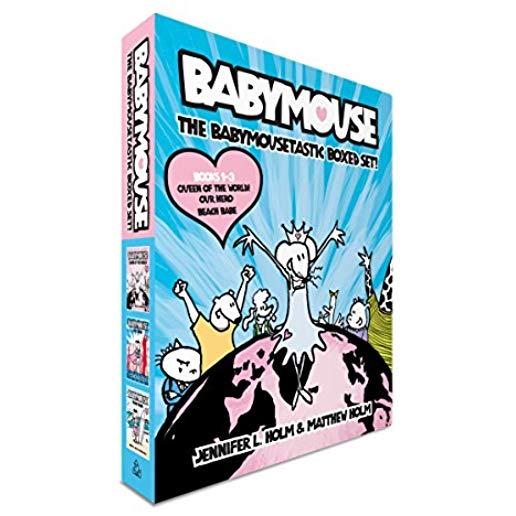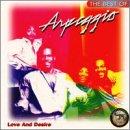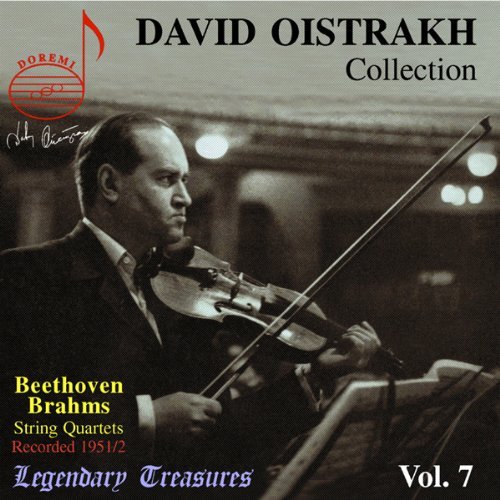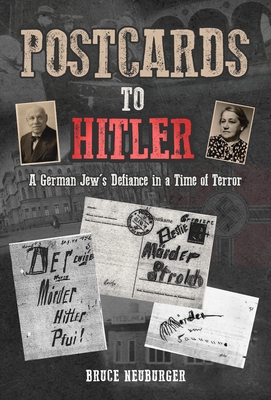
Neuburger, Bruce
product information
description
ocaust, drawn from the final days of a Jewish family in Munich Postcards to Hitler tells the story of a Jewish family in Munich living as close neighbors to the demagogue who becomes the Nazi Führer-Adolf Hitler. In a story passionately told by one of their descendants, the narrative begins as Benno Neuburger, a modest German land investor from Munich, and Anna Einstein, daughter of a cattle dealer, meet at a seder in Laupheim and soon marry. The year is 1907, a relatively prosperous, optimistic time for German Jews, and there is little hint that this good fortune might soon unravel. Of all the Jews in Europe, Germans like the Neuburgers feel most secure. When, on a warm July day in 1914, an assassination strikes an "obscure" Balkan corner of the continent, the news passes through Munich's beer-gardens like a cold wind. Far from a fleeting chill, what follows is the time of prolonged bloodshed known as World War I, followed by a period of German humiliation, resurgent revolution, and a brief left-led democratic interlude in Munich. What might have been a site of socialist experimentation instead becomes the epicenter of German fascism, and as Benno and Anna and their extended families cling with vain hope to a peaceful resolution, their beloved haven degenerates into a state of racialized madness. A bloody pogrom is chased by a second world war, followed by evictions, "resettlements" and far worse, sounding an inescapable knell despite desperate and defiant acts of resistance. Postcards to Hitler is a deeply researched history drawn from personal interviews and archival documents including Benno's and Anna's final letters-written amid a slow-moving parade of horror until the frail boundaries between themselves and the Holocaust ultimately vanish.
member goods
No member items were found under this heading.
Return Policy
All sales are final
Shipping
No special shipping considerations available.
Shipping fees determined at checkout.
